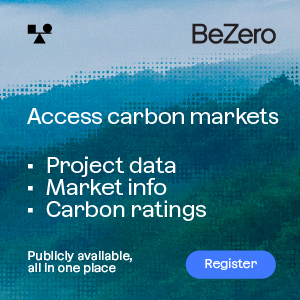The relatively high average price in Australia’s first Emissions Reduction Fund (ERF) auction is likely to bring a push for higher prices from big-emitting industrials in future auctions, analysts said Thursday.
In the first auction held earlier this month, Australia bought 47.3 million tonnes of CO2e reductions at an average price of just below A$14 ($11.19) per tonne.
Environment Minister Greg Hunt described the auction as a “stunning success” although analysis by the Climate Institute showed the Clean Energy Regulator spent a quarter of the fund’s budget to achieve only 15% of Australia’s 2020 reduction target.
Market analysts Reputex said Thursday its modeling suggested the price would be pushed higher in future auctions.
“The large volume of abatement we estimate that was contracted at lower prices suggests a mismatch between the market and the Regulator, with proponents underestimating the maximum amount the Regulator was willing to pay for emissions reductions,” Hugh Grossman, Reputex managing director, said in a research update.
“Subsequently, the Regulator was successful in contracting a large amount of abatement, with our estimates indicating that firms generally bid low, failing to capitalise on higher contract prices available,” he added.
“As high emitting companies begin to participate at the next auction, we anticipate a much higher degree of sophistication will enter the market.”
Manufacturing and energy barely participated in the first auction, primarily because almost no project methodologies have been developed for those sectors yet.
But a number of methodologies are under way, and within 6-12 months emissions-intensive industries are expected to be able to offer major emission cuts to ERF auctions which can be achieved at low cost.
Some observers have expected these projects to underbid land-based projects, which have dominated Australia’s project market so far, pushing those out of the market.
But Reputex warned the firms are likely to seek maximum profit from the auctions, hence instead pushing up the government’s cost of meeting its 5% reduction target.
“To a degree, the outcomes of the first auction are a cautionary tale for industry, with the Regulator’s tolerance for high contract prices suggesting considerable scope for firms to extract greater value for their abatement if they are sophisticated in understanding market dynamics and patient enough to optimise value,” Grossman said.
“These companies are familiar with trading and have the intelligence to exploit market conditions in their favour.”
news@carbon-pulse.com



